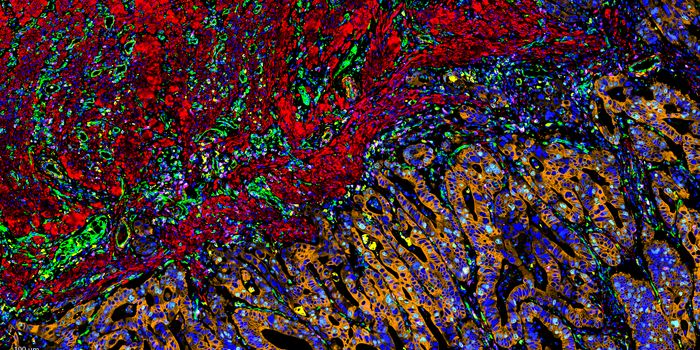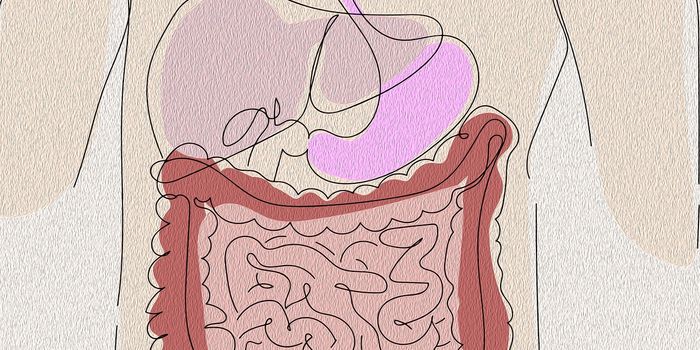Does intermittent fasting reduce the risk of postmenopausal breast cancer?
New research in mouse models suggests that intermittent fasting could reduce the risk of metastasis of breast cancer tumors. The research from scientists at the University of California San Diego School of Medicine, Moores Cancer Center, and Veterans Affairs San Diego Healthcare System (VASDSH) shifts the emphasis of breast-cancer specific diets from the what-to-eat to the when-to-eat. The findings are published in the most recent edition of the journal Nature Communications.
Time-restricted eating that aligns nutrient intake with circadian rhythms of when bodies are at their most active has been investigated for the purposes of weight loss. But this research suggests that aligning metabolic rhythms could also reduce cancer development in mice with obesity-driven postmenopausal breast cancer.
"Previous research has shown that obesity increases the risk of a variety of cancers by negatively affecting how the body reacts to insulin levels and changing circadian rhythms," said senior author Nicholas Webster, Ph.D., professor at UC San Diego School of Medicine and senior research career scientist at VASDSH. "We were able to increase insulin sensitivity, reduce hyperinsulinemia, restore circadian rhythms and reduce tumor growth by simply modifying when and for how long mice had access to food."
More specifically, the team compared the outcomes of mice that were restricted to eating only during an eight-hour period and mice that access to food all day. The third group of mice in the experiment were given an unrestricted low-fat diet.
"Time-restricted eating has a positive effect on metabolic health and does not trigger the hunger and irritability that is associated with long-term fasting or calorie restriction," first author Manasi Das, Ph.D. "Through its beneficial metabolic effects, time-restricted eating may also provide an inexpensive, easy to adopt, but effective strategy to prevent and inhibit breast cancer without requiring a change in diet or physical activity."

The authors suggest that given their findings, time-restricted eating could be a strategy worth pursuing in human clinical trials due to its ability to modulate hyperinsulinemia.
"The increase in risk of breast cancer is particularly high in women who are overweight and have been through menopause. For this reason, doctors may advice women to adopt weight-loss strategies to prevent tumor growth," said Das. "Our data suggest that a person may benefit from simply timing their meals differently to prevent breast cancer rather than changing what they eat."
Sources: Nature Communications, Eureka Alert








